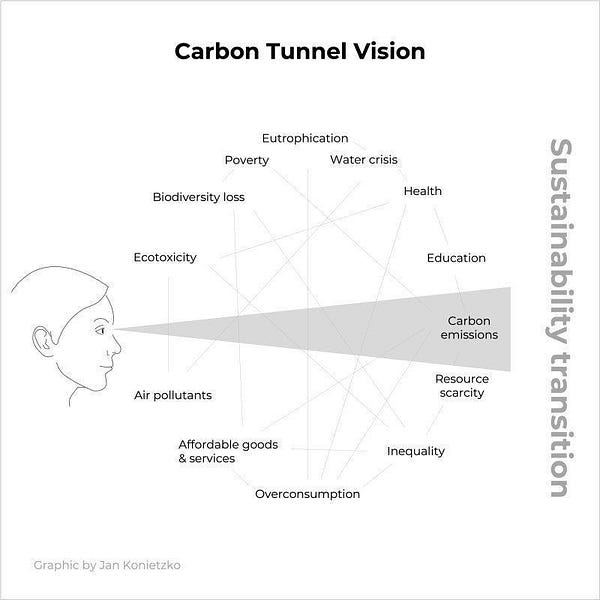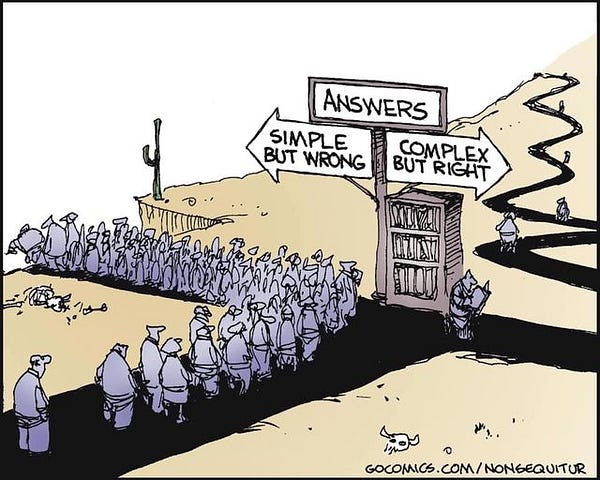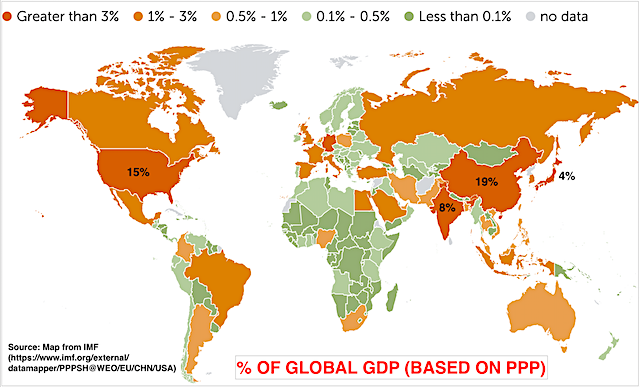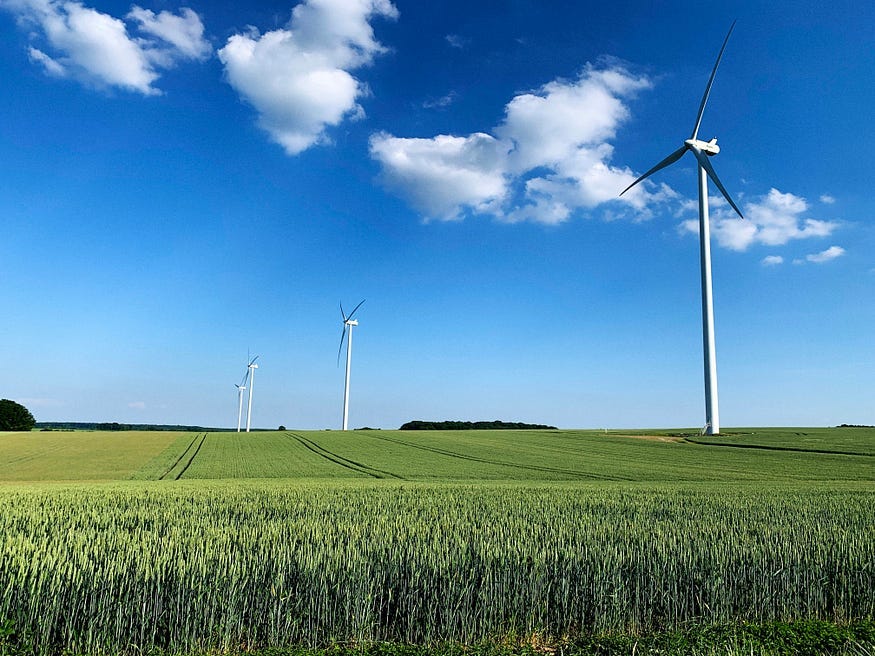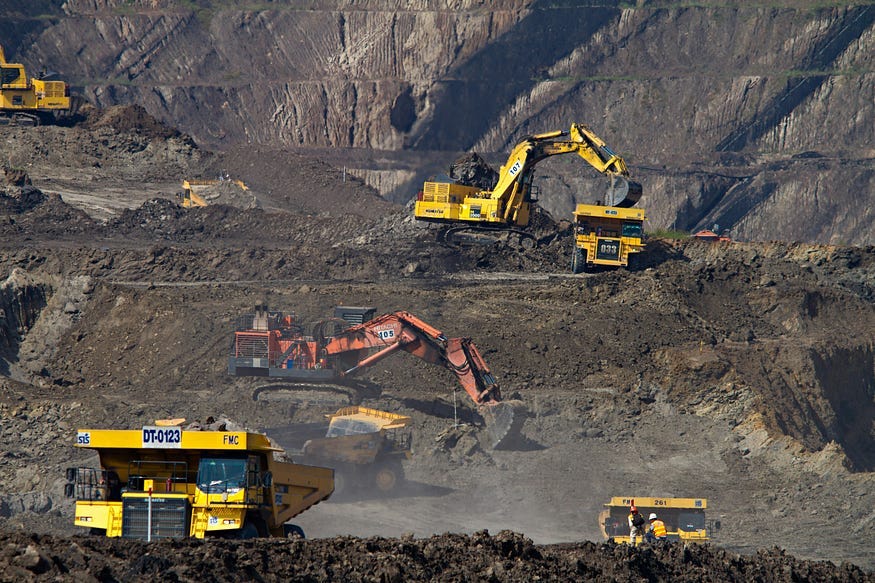I am not so sure that the idea of Peak Oil will catch on more broadly and make its way into the ‘mainstream’ — except perhaps on the margins during times such as we are currently witnessing where issues pertaining to energy and the cost of it dominates our worldview. This is what has occurred in the past, such as in the shadow of The Great Recession when oil reached it historical high in June, 2008. It will certainly receive more play amongst those who are aware of it and the consequences that flow from understanding it but amongst the general public I am not so convinced.
Not only is it likely that such mainstream recognition and discussions regarding Peak Oil will be limited in nature but I personally have to wonder how much the extent of the significant implications for everything in our complex societies will actually penetrate into a broader awareness, for a variety of reasons. The notion may gain more notoriety amongst an increased portion of the public than it currently does, but very likely not the existential consequences of the limits imposed by waning fossil fuel resources on the sociocultural complexities supported by them (i.e., pretty well everything in our complex societies, including but certainly not limited to food production, transportation, economic/financial systems, trade, etc.); nor is the notion likely to stick around for long or be widely discussed by many in the population given the media’s tendency to ignore/deny its more unsightly impacts on their prevalent narratives (e.g., chasing the infinite growth chalice is a great thing and needs to continue).
In addition, one can already see a wide array of alternative interpretations of our energy ‘crisis’ being put forward[1]. Some of these include: conspiracy by the elite to bring about The Great Reset; insufficient funding/capital towards all forms of energy production; a conspiracy to keep fossil fuel prices high (including the notion that ‘fossil’ fuels are limitless in quantity as they are abiotic/abiogenic in nature); geopolitical uncertainty, particularly in regions where fossil fuels are in significant quantities; misguided investment policy such as Environmental, Social, and Governance criteria; and, of course, the ultimate scapegoat for the world’s woes — Russia’s invasion of Ukraine.
While some leakage of the idea of the finiteness of the resource or limits to its extraction has occurred[2], many mainstream pundits have completely ignored the concern as it seems unworthy of consideration, or have questioned the accuracy/validity of the idea and thereby dismissed it.
Some mainstream media has indeed already discussed Peak Oil and some of its implications[3].
Mostly, the topic has seemed to get more attention when fossil fuel prices, especially oil and gas, begin to experience significant increases. But when the prices stabilise (usually at a higher floor) or the media has moved its focus onto some other crisis, the discussion shifts away and it is quickly forgotten.
Why will the concept and implications of Peak Oil be mostly absent from the mainstream conversation and/or dissipate relatively quickly?
Here’s my take. There are two primary reasons that I believe the concept and certainly the significant consequences of Peak Oil are unlikely to penetrate very deeply in to the zeitgeist of our ‘modern’ society, and they are the two main themes I have tended to discuss previously.
First, the elite, as they invariably tend to do, will attempt to leverage the impending crisis (as they have been for some time) to meet their primary motivation — maintenance/expansion of the wealth-generation/-extraction systems that provide their revenue streams and thus power/prestige/privileged positions. The status quo power and wealth structures that arise within the organisational imperatives required in a complex society must be preserved!
Since the elite also ‘control’ the mainstream media, and political and education systems, I expect them to keep doing (perhaps with an even hardier push) what they’ve been doing: sell/market the hopium-laced narrative that human ingenuity and our technological prowess can ‘save’ us from the environmental horrors (i.e., global warming/climate change) of burning fossil fuels. It’s no coincidence that they happen to ‘own’ the industrial processes and financial institutions necessary for such an endeavour.
One need only read the majority of ‘news’ or opinions about Peak Oil and it becomes clear that the ‘solution’ is always to transition to ‘green/clean’ energy and to electrify everything.
Second, the psychological mechanisms that impact/influence human beliefs and attitudes will also kick into gear as stress/disorder increases due to the negative consequences of Peak Oil, especially those aspects that lead our thinking/beliefs astray by attempting to: avoid pain and seek pleasure; reduce our cognitive dissonance; lead us to defer to/obey authority; have us go along to get along (i.e., the need to belong to a group); and, perhaps most significantly, the heuristics and biases that simplify complex issues and confirm misplaced beliefs. Basically we tend to gravitate towards the simple narratives offered by our ‘leaders’ and alter our beliefs to avoid painful thoughts.
And all the above doesn’t even touch upon the overwhelming evidence that fossil fuels (and the concomitant leveraging of technology to expedite our drawdown of a number of finite resources) have been the primary impetus leading to our significant overshooting of the globe’s natural carrying capacity for the human species.
What seems to be completely absent in virtually every ‘mainstream’ discussion about Peak Oil is the importance of fossil fuels in supporting virtually all of our complexities.
There are fossil fuel inputs into everything but especially modern industrial agriculture and transportation. These cannot be replaced by non-fossil fuel energy to any significant extent, if at all. Without relocalising food production in particular, we are setting ourselves up for significant food shortages.
Naïve, then, seems the call to abandon fossil fuels forthwith[4]. There appears zero comprehension of the consequences of that for the very dangerous complexities we have created. But it is also a marketing ploy to shift capital towards non-renewable, renewable energy-harvesting technologies (that depend significantly on fossil fuels). It is increasingly obvious that it is quite counterproductive to continue to chase the perpetual growth chalice (that is one of our greatest challenges that needs confronting) while cheerleading a reduction in fossil fuels.
We have hit significant diminishing returns on our extraction of fossil fuels. This is extremely problematic not only because they support virtually all of the complexities necessary for our very survival but because we continue to be beholden to systems that perpetuate the predicament, especially the pursuit of the infinite growth chalice.
If we do not prepare ourselves adequately and do not abandon our pursuit of growth, we risk massive negative consequences. In fact, it may already be too late to avoid most (all?) of such negative impacts given how far we are likely into ecological overshoot — a predicament I haven’t really touched upon in this contemplation.
A summary of my thoughts is clear from a response I shared this morning on an excellent article by The Honest Sorcerer, entitled Peak Oil Is Back With A Vengeance:
While everything you state is factual and based upon solid data and geological evidence [regarding the reality of Peak Oil], I fear our penchant to deny reality (especially if it is ‘painful’ in nature), reduce our cognitive dissonance (to alleviate stressful thoughts/beliefs), and defer to authority (that we give all too willingly to our ‘elite’) — as well as a potpourri of other psychological mechanisms that impact our beliefs — will once again see Peak Oil discussions/awareness/understanding be sustained/grow only on the margins of society.
Previous bouts of ‘awareness’ have arisen during similar times of stress, especially with regard to energy, but for the most part get lost in the alternative narratives that drown out the clarion calls about Peak Resources and seem directed to distract us from the ugly underside of ecological overshoot and its implications for our misbeliefs about humanity’s future and the magical thinking required to hold that more of what has caused our overshoot — namely technology — will somehow ameliorate/solve our errant ways and existential crises.
The vast, vast majority of people will either choose to ignore/deny the reality of Peak Oil (and especially its implications for our complex societies that completely depend upon fossil fuels for existence) or acknowledge it and then hold on to the rope being dangled by the elite that our ingenuity and technological prowess will ‘solve’ our issues (and, of course, it’s no coincidence that the push by our elite is primarily because they own the industries and institutions that are offered as saviours and stand to profit handsomely from the capital flowing into them).
Even if the concept and some of its significant implications do re-enter the mainstream and actually stick or becomes a common concern, I have to wonder how it will be manipulated by the narrative control managers for the elite. Somehow things are bound to get even more distorted than they are currently, especially given the psychological mechanisms that help to mislead our beliefs (recency, optimism, and confirmation biases particularly).
As with all things, however, time will tell how this plays out…I’m guessing not very well.





